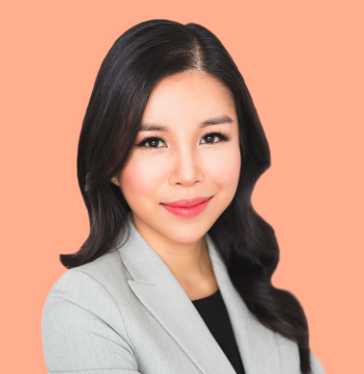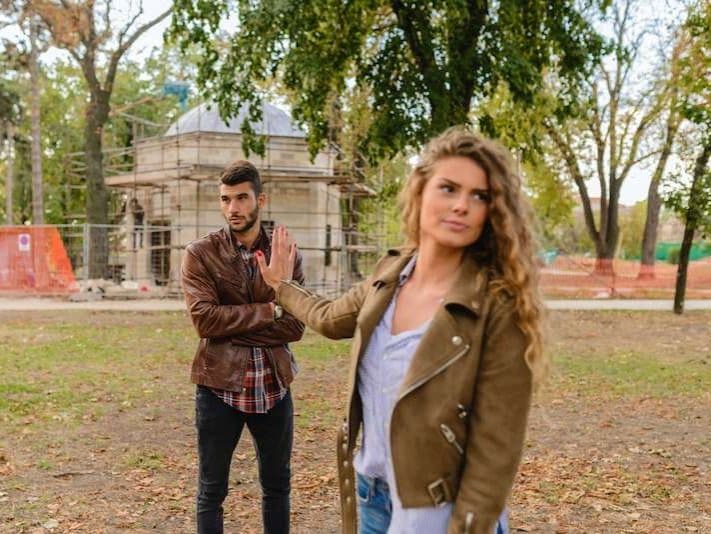“If You Want The Other Person To Change, You Change Yourself. Because Relationships Are Feedback Loops: We Shape The Other And The Other Shapes Us” — Esther Perel, SXSW 2019
I remember walking into my first couples therapy session with a conviction that the problem was with my partner and I was a victim to his controlling monstrosity and vengeful behaviour. I wasn’t thinking about what I had to change. I wanted the therapist to validate my feelings (I had a lot of them) and to see the other for how awful they were being and to get the other to stop being the way he was.
And I did get the validation that I wanted. But I also got large spoonfuls of “but here’s what you could work on”. I admit that I have great difficulty with that. Perhaps there’s comfort for me to dwell in the space of victimhood.
So how did I get over all of this in counselling? First of all, we as a couple spent a long time in couples therapy defining the problem, expressing grief about the problem, realizing our role in the problem and realizing the pattern that we were stuck in. We also realized with each passing session our commitment to the relationship because through all the pain, here we were, sitting on this couch, striving for some breakthrough or at least a glimmer of hope.
Once we had spent enough time in that stage, I suddenly realized I had to really be committed to turning a blind eye to what the other was doing or not doing, letting go of past hurts and grudges and commit to changing myself. I cannot count on whether my partner is going to change or not. So for peace of mind, I had to learn to focus on myself, change for the better and to trust that whatever happens with the relationship as a result of that will be for the better because I put in my share of the work.
Michelle Obama in her autobiography Becoming speaks candidly of her expectations going into couples counselling with Barack. She writes “I’d been […] caught up in the notion that everything was unfair and then assiduously, like a Harvard-trained lawyer, collecting evidence to feed that hypothesis. […] I was too busy resenting Barack for managing to fit workouts into his schedule […] to even begin figuring out how to exercise regularly myself. I spent so much energy stewing over whether or not he’d make it home for dinner, that dinner, with or without him, were no longer fun. This was my pivotal point, my moment of self-arrest. […] That isn’t to say that Barack didn’t make his own adjustments—counselling helped him see the gaps in how we communicated, and he worked to be better at it—and I made mine, and they helped me, which then helped us. For starters, I recommitted myself to being healthy.”
In addition to seeing the role that each of us had in contributing to our relationship dissatisfactions, counselling has become a great resource for my partner and I to learn how to speak to each other in a more vulnerable level.

